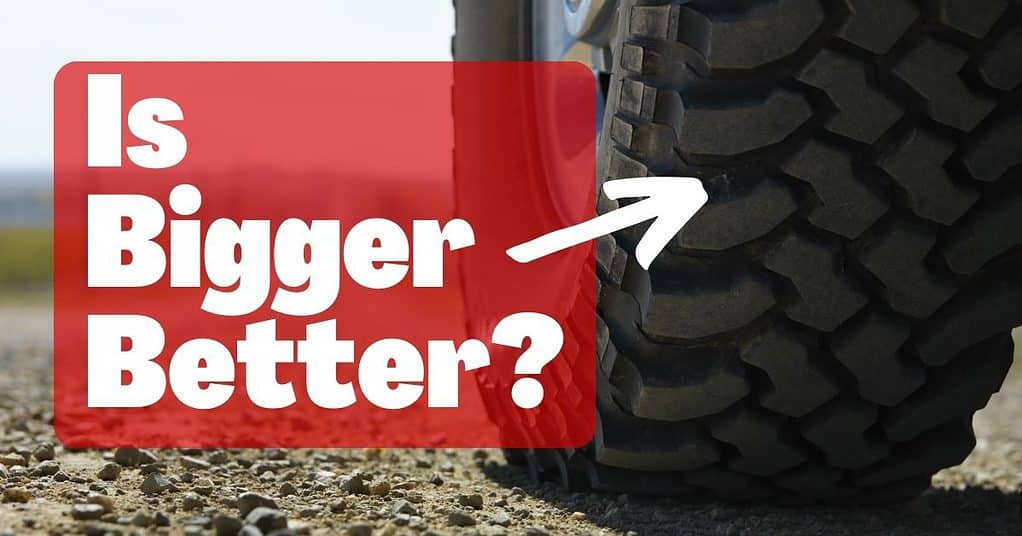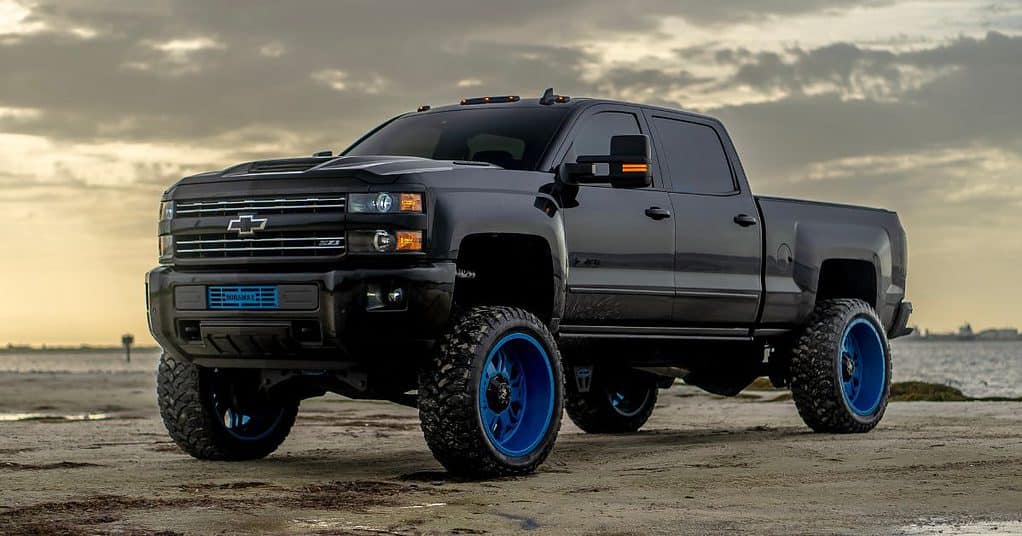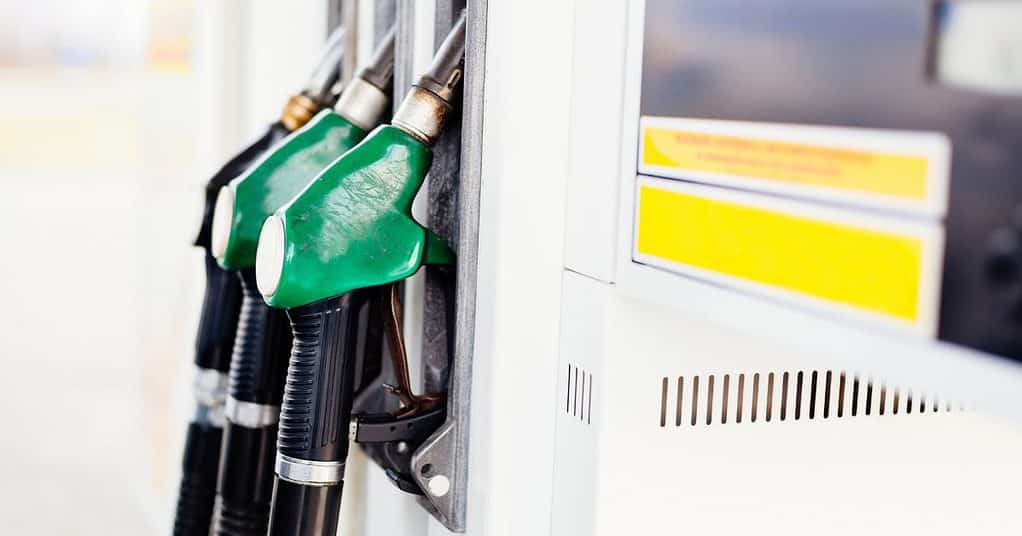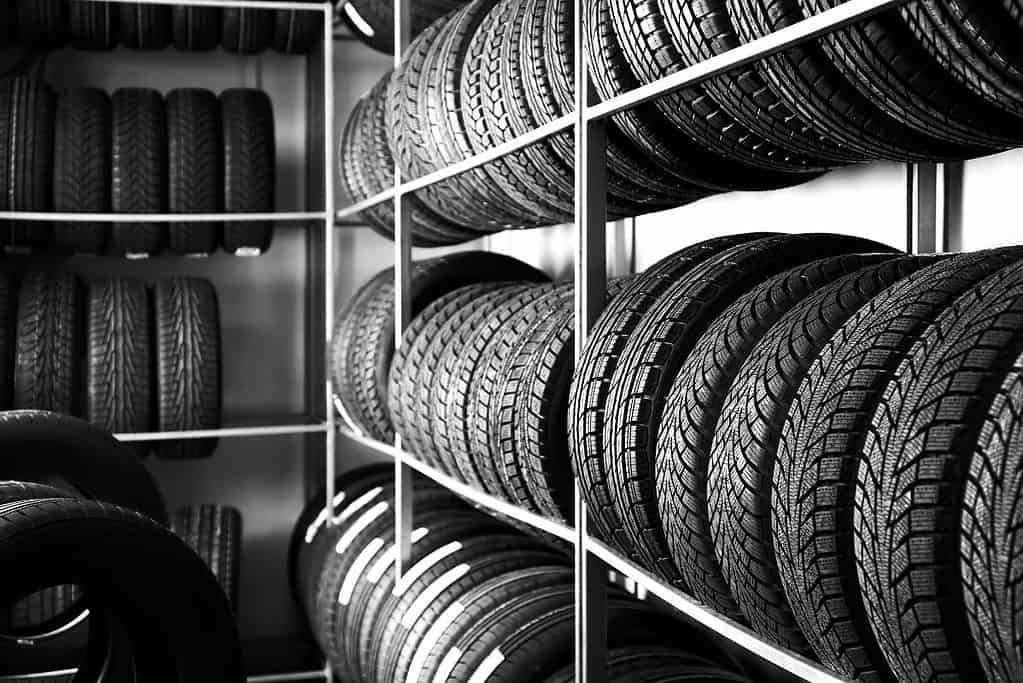Here’s what happens if i put bigger tires on my truck!
You are considering some large tires for your truck, but you want to be sure they won’t hurt. Here’s what happens if you put bigger tires on your truck.

There are benefits to putting oversized tires on a truck, including improved clearance, traction, and handling. However, changing tire sizes can also affect fuel economy and load capacities. The tires can affect other system components if installed incorrectly, creating unsafe driving conditions.
Tires are an essential component of a truck. While placing larger tires on a truck can improve the charisma you are attempting to convey as you roll down the road, there are considerations that need to be weighed. This article will discuss the pros and cons of oversized tires and some safeguards to ensure that your truck survives the transformation and continues to be everything you wanted from your truck.
What Are the Benefits of Putting Bigger Tires on My Truck?
Depending on the size of tires you intend to put on, there are several positive things that can occur when you decide to upgrade. It is always a good idea to have a plan before you begin so that you are not surprised by the modifications you make to your truck.
Your Truck Gets A Distinctive Look
Most owners decide to put larger tires on their vehicles because they like how it looks. There is no question that more prominent and broader tires can give your ride a look like nothing else on the road. If you plan on doing a lot of off-roading or mountain trail adventures, then the oversized tires can show everyone how serious you are at exploring the unbeaten path.

Your Truck Gets Improved Visibility
Not only will everyone else see you, but you will also get a bird’s eye view of everything else on the road. In most cases, you should expect a lifted truck to give you better visibility because you will ride higher than everyone else. While traffic regulations must always be obeyed, most owners like sitting in an elevated position above the traffic.
Your Truck Will Have Improved Traction and Handling
A larger tire means more surface contact on the pavement. You will likely notice a firmer grip from the tires as they gobble up the pavement. Bigger tires can improve handling and cornering because the tire makes fewer revolutions than a stock tire to cover the same distance. This modification means your tire recovers easily on slippery or wet road surfaces.
Your Truck Will Have A Higher Clearance
As anyone who has navigated a rocky trail knows, a truck needs a high clearance to keep rocks and boulders from scraping the bottom of the truck. The last thing that you want to do is worry about whether you are denting the oil pan or scraping against the drivetrain. Your upgraded truck can open a whole new world that you would never have dared explore with a truck with OEM tires.
What are the Disadvantages to Putting Bigger Wheels on My Truck?
There are also some disadvantages to putting larger wheels on your truck. We have listed a few of them below.
Your Truck’s Fuel Economy Will Suffer
Larger tires do not increase your mpg numbers. Since larger tires make a more significant contact patch with the pavement, there is more resistance (friction) between the tread and the concrete. This increased resistance means the truck requires more power to turn the wheel and, ultimately, burns more fuel.

Your Truck May Need More Modifications
Larger tires may mean that you need to replace components like upgraded springs and struts. If you go the monster truck route to make your truck stand out, be prepared to replace braking systems and some steering components. There is nothing worse than buying oversized tires and finding out that your fender wells need to be modified or that you will have to replace your entire truck’s suspension.
Your Truck Will have a Higher Center of Gravity.
Raising a truck changes the center of gravity and may influence handling and rollover. The raised cab means that there is a more exposed surface for winds to impact driving. (If you have driven an RV or Uhaul with a strong sidewind, you know how challenging it can be to keep it going straight).
Your Truck Will Cost More to Replace the Tires
Modifying your truck for bigger tires will cost you money, but so will the tires themselves. Bigger tires are more expensive than OEM tires. You should be prepared to pay more every time you change them.

Your Truck May Have Transmission or Brake Issues
Changing tires can also affect the gearbox of your transmission. Since the tire requires more energy to push it along, the added stress affects the gear ratio. The harder your transmission has to work, the hotter the gears become, and as any technician will tell you, overheating destroys transmission more than almost anything.
Most anti-lock braking systems are built to function with OEM tires. Since larger tires weigh more and have a different revolution pattern, your brakes aren’t calibrated to larger tires. This means that ABS could malfunction. Chances are you won’t know this is the case until you slam on the brake pedal.
What Do You Need to Know Before Adding Tires?
Since tires are crucial to a truck’s performance, it makes sense to research and develop a plan. You need to determine the tire size of your truck and what modifications will need to be made. Some lift kits require changes to the suspension system.
Tire Size
It is always wise to know what size of stock tires your truck has and how much clearance the wheel wells will have with larger tires. This information can help determine if you want to lift your truck or whether a leveling kit will do the trick. In addition, it can keep oversized tires from rubbing against other components and creating additional mechanical issues.
Cost
The increased costs aren’t always just limited to the tires. Besides modifications to the suspension, braking systems, or drivetrains, remember that larger tires often mean more expense in wheels and rims. Do your homework to know what’s involved with the upgrade.
Since most owners don’t have an endless supply of money, you will need to have a frank discussion with your service center about what the costs are going to be. It is always a good idea to get estimates in writing so that you are not surprised about the expense and can keep the modifications within your budget.
Lower Profile Tires Might Be an Option
It is possible to put larger or wider tires on your truck without lifting it. A lower sidewall can keep costs down, but it can also put less sidewall space on the tire. A lower sidewall will mean less space between you and the pothole or make it easier for a cut to slash the side if you run over debris in the road. Once a sidewall is gashed, the technician will inform you that the entire tire has to be replaced because it can’t be plugged.
Can Larger Tires Affect My Truck’s Warranty?
As a general rule, manufacturers cannot void the entire truck warranty just because you install oversized tires. However, if the aftermarket tires require you to change components, or it can be linked to the cause of the mechanical issue (like a burned-up transmission), they have the right to decline to perform the repair. (It is my experience that many manufacturers will quickly refuse to repair an issue remotely related to larger tires. Be prepared to battle with your service center manager or the district rep if this happens).
Many tire manufacturers will have warranties on their tires, so you need to be aware of the coverage offered with your new oversized tires. Some companies like Michelin offer complimentary roadside assistance with the purchase. Since many truck manufacturers also offer roadside assistance for the first few years of ownership, a quick call to the roadside folks should confirm that they will still answer and come to your aid, even with larger tires.
Key Takeaways
- There are lots of benefits and disadvantages to adding oversized tires.
- Oversized tires can affect a truck’s ability to steer and brake.
- Oversized tires will not improve gas mileage.
